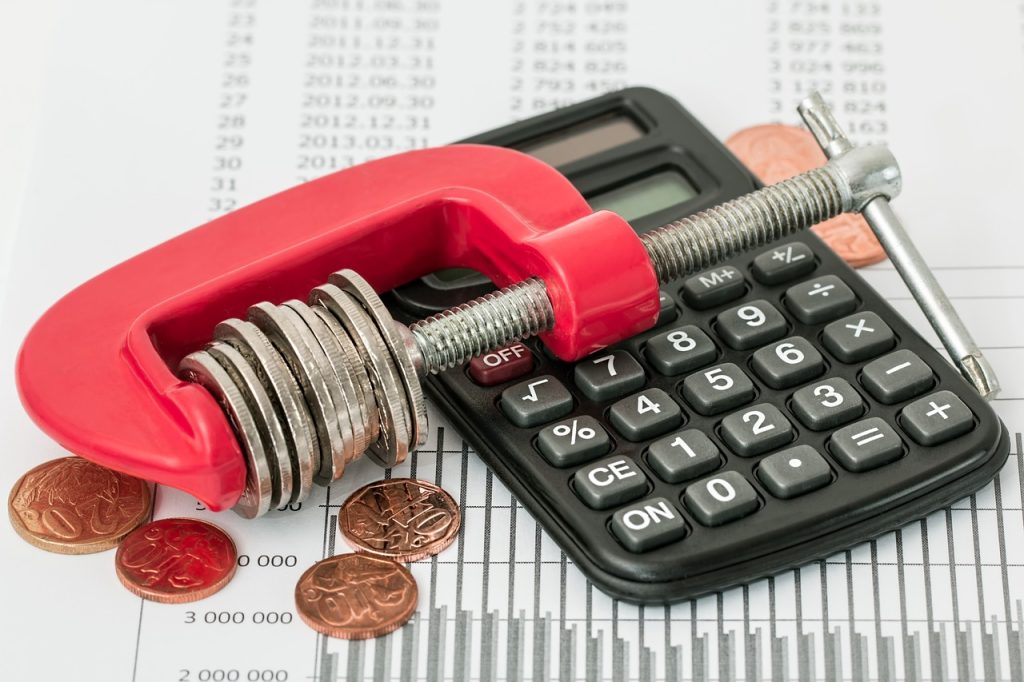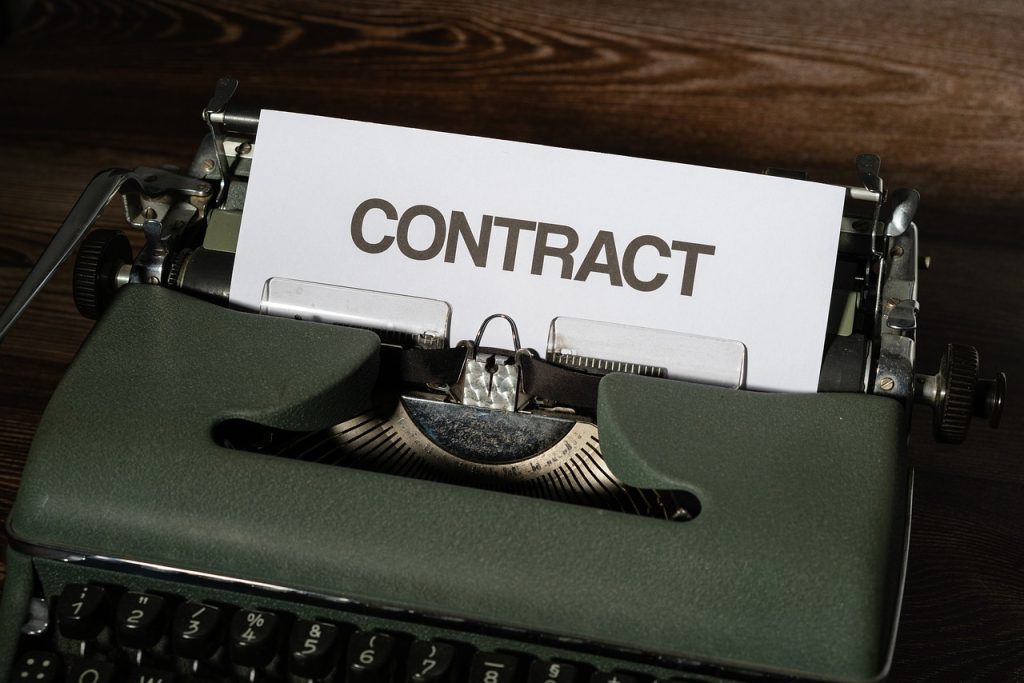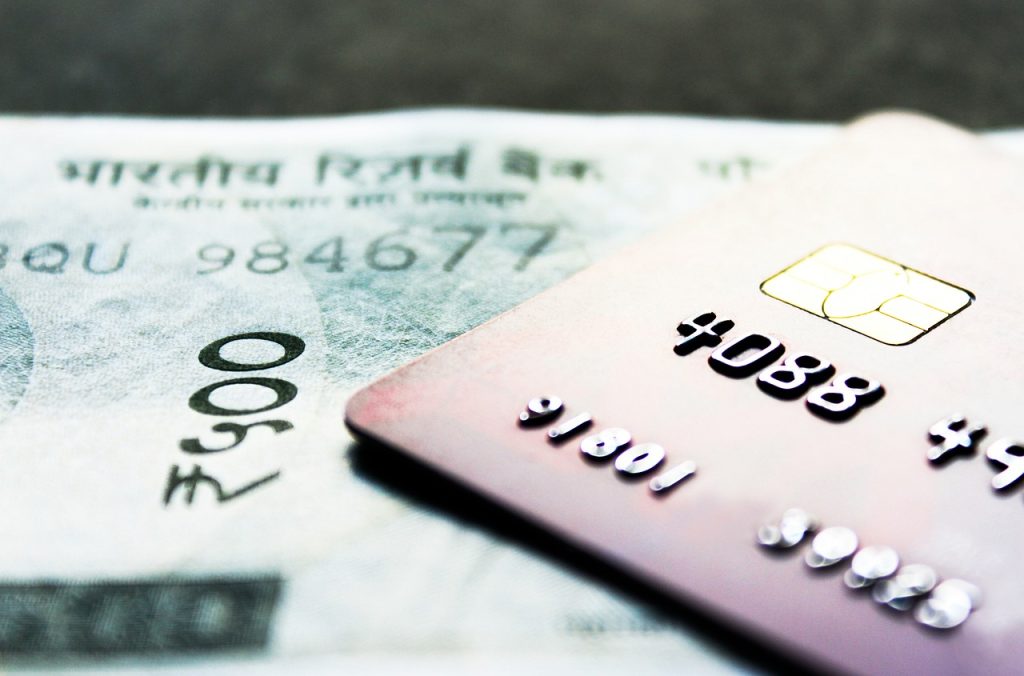Facing debt can feel overwhelming, and in worst scenario can lead to bankruptcy, but with a well-structured plan, you can work towards financial freedom. Below, we explore some of the most effective methods for paying off debt, from prioritizing high-interest loans to budgeting smartly and consolidating debt. Let’s break down the best ways to tackle debt with practical, actionable strategies.
Assess Your Financial Situation and Set Clear Goals
 Before diving into a repayment plan, take a clear-eyed look at your debt balances. Write down the total amount owed, including credit card balances, monthly payment requirements, and interest rates for each debt. Setting specific financial goals is essential for success, if you want to learn how to budget effectively. Consider what you hope to accomplish, whether it’s eliminating high-interest credit card debt, paying off student loans, or freeing yourself from medical bills.
Before diving into a repayment plan, take a clear-eyed look at your debt balances. Write down the total amount owed, including credit card balances, monthly payment requirements, and interest rates for each debt. Setting specific financial goals is essential for success, if you want to learn how to budget effectively. Consider what you hope to accomplish, whether it’s eliminating high-interest credit card debt, paying off student loans, or freeing yourself from medical bills.
After gaining an understanding of your debt, develop a realistic timeline. Calculate how much you can contribute each month without sacrificing essential expenses. It’s important to learn how to stop wasting money as well, if you want to improve your personal finances. Having measurable objectives gives you a clear endpoint, keeps you motivated, and lets you track your progress over time.
Create a Detailed Budget to Control Spending
 Crafting a realistic budget is one of the most effective ways to pay down debt. Track your income, expenses, and discretionary spending, identifying areas where you can cut costs. Prioritize essentials like housing, utilities, and food, and then allocate remaining funds toward debt repayment.
Crafting a realistic budget is one of the most effective ways to pay down debt. Track your income, expenses, and discretionary spending, identifying areas where you can cut costs. Prioritize essentials like housing, utilities, and food, and then allocate remaining funds toward debt repayment.
Many individuals find that trimming small expenses, such as eating out or entertainment, frees up funds for debt. A detailed budget also helps prevent future debt by fostering financial discipline. Consider using best budgeting apps or spreadsheets to track expenses in real time. The more control you have over your spending, the more quickly you can pay off debt.
Prioritize Debt with the Debt Avalanche Method
 The debt avalanche method is one of the fastest ways to pay off high-interest debt. In this approach, focus on paying off the debt with the highest interest rate first while making minimum payments on other debts to save on interest payments. Once you eliminate the highest-interest debt, move on to the next highest.
The debt avalanche method is one of the fastest ways to pay off high-interest debt. In this approach, focus on paying off the debt with the highest interest rate first while making minimum payments on other debts to save on interest payments. Once you eliminate the highest-interest debt, move on to the next highest.
By tackling the most expensive debt first, you reduce the total amount of interest paid over time. This strategy is especially effective for those with credit card debt or loans with high interest rates. While it may take longer to see initial progress, the long-term benefits are significant, saving you money in the long run.
Try the Debt Snowball Method for Smaller Debts
 For those who feel more motivated by quick wins, the debt snowball method is another popular approach. Here, start by paying off the smallest debt first while maintaining minimum payments on other balances. As each debt is cleared, roll that payment into the next smallest balance until all debts are paid.
For those who feel more motivated by quick wins, the debt snowball method is another popular approach. Here, start by paying off the smallest debt first while maintaining minimum payments on other balances. As each debt is cleared, roll that payment into the next smallest balance until all debts are paid.
This method can be especially empowering if you need a psychological boost to stay motivated. Clearing smaller debts quickly creates a sense of accomplishment and builds momentum. While you may pay slightly more in interest, many find this approach helpful for staying committed.
Consider Debt Consolidation for Lower Payments
 Debt consolidation is an option for those juggling multiple high-interest debts through a debt consolidation loan. Knowing the estimated monthly payments is crucial to ensure the affordability of the loan. By consolidating your debts into a single loan, typically with a lower interest rate, such as personal loans, you can simplify payments and potentially save on interest costs. Many banks, credit unions, and online lenders offer debt consolidation loans.
Debt consolidation is an option for those juggling multiple high-interest debts through a debt consolidation loan. Knowing the estimated monthly payments is crucial to ensure the affordability of the loan. By consolidating your debts into a single loan, typically with a lower interest rate, such as personal loans, you can simplify payments and potentially save on interest costs. Many banks, credit unions, and online lenders offer debt consolidation loans.
Alternatively, balance transfer credit cards allow you to move high-interest debt to a card with a low or 0% introductory interest rate. Keep in mind that most balance transfer cards charge a fee, so factor this cost into your calculations. Debt consolidation can streamline your repayment plan, making it easier to stay on top of payments and reduce interest.
Negotiate Lower Interest Rates with Creditors
 Negotiating with creditors to lower interest rates can be an effective way to manage multiple debt payments and make your debt more manageable. Contact your credit card issuer or lender to explain your situation and request a lower rate. Although everyone knows why saving money is important, creditors are often willing to adjust terms if you have a good payment history and make the request in a respectful, proactive manner.
Negotiating with creditors to lower interest rates can be an effective way to manage multiple debt payments and make your debt more manageable. Contact your credit card issuer or lender to explain your situation and request a lower rate. Although everyone knows why saving money is important, creditors are often willing to adjust terms if you have a good payment history and make the request in a respectful, proactive manner.
Lowering your interest rate reduces the amount you owe each month, allowing you to pay off debt faster. Many creditors also offer hardship plans that reduce interest for a set period, providing temporary relief. Always document conversations with creditors and confirm any agreements in writing.
Use Windfalls and Extra Income Strategically
 Applying extra income toward debt is a powerful way to speed up repayment. Windfalls, such as tax refunds, work bonuses, or cash gifts, can make a significant dent in your balance when applied directly to your debt.
Applying extra income toward debt is a powerful way to speed up repayment. Windfalls, such as tax refunds, work bonuses, or cash gifts, can make a significant dent in your balance when applied directly to your debt.
If you have the flexibility, consider taking on a side gig or part-time job and earmarking that income for debt repayment. Even an extra $100 per month can add up over time, reducing the length of your debt repayment journey and lowering overall interest costs. Chances are you even have a side-hustle, which can earn you some serious money. Remember to set aside a portion of any unexpected income specifically for debt, keeping long-term goals in mind.
Automate Payments to Avoid Late Fees
 One of the simplest but most effective strategies is to set up automatic payments for all your debts. Automation ensures you never miss a payment, avoiding costly late fees and penalties. It also helps maintain your credit score by ensuring payments are consistently on time.
One of the simplest but most effective strategies is to set up automatic payments for all your debts. Automation ensures you never miss a payment, avoiding costly late fees and penalties. It also helps maintain your credit score by ensuring payments are consistently on time.
By scheduling automatic payments, you remove the risk of forgetfulness or delayed payments, allowing you to stay on track with your plan. Many financial institutions allow you to customize payment amounts, dates, and frequencies, giving you control over your repayment schedule without manual intervention.
Avoiding the Pitfalls of Minimum Payments
 Relying solely on minimum payments can be a significant pitfall in your debt repayment journey. While it might seem manageable to pay the minimum amount due each month, this approach often extends the payoff period and increases the total interest paid over time. Minimum payments are typically calculated based on your outstanding balance and interest rate, but they do little to reduce the principal amount owed.
Relying solely on minimum payments can be a significant pitfall in your debt repayment journey. While it might seem manageable to pay the minimum amount due each month, this approach often extends the payoff period and increases the total interest paid over time. Minimum payments are typically calculated based on your outstanding balance and interest rate, but they do little to reduce the principal amount owed.
When you make only the minimum payment, a large portion of your payment goes towards interest rather than the principal balance. This means you could end up paying much more in interest over the life of the loan, making it harder to achieve financial freedom. To avoid this trap, aim to pay more than the minimum payment each month. Even a small increase can significantly reduce the total interest paid and shorten the repayment period.
Exploring options like debt consolidation loans or balance transfer credit cards can also be beneficial. Debt consolidation allows you to combine multiple debts into a single loan, often with a lower interest rate, simplifying your payments and potentially saving on interest costs. Balance transfer credit cards offer low or 0% introductory interest rates, which can help you pay down the principal faster. By taking proactive steps to pay more than the minimum, you can accelerate your debt repayment and move closer to financial stability.
Staying Accountable and Motivated
 Staying accountable and motivated is crucial to successfully paying off debt. One effective strategy is to share your debt repayment plan with a trusted friend or family member. Having someone to hold you accountable can provide the encouragement and support needed to stay on track. Regularly tracking your progress and celebrating small victories can also help maintain motivation. Each milestone, no matter how small, is a step closer to financial freedom.
Staying accountable and motivated is crucial to successfully paying off debt. One effective strategy is to share your debt repayment plan with a trusted friend or family member. Having someone to hold you accountable can provide the encouragement and support needed to stay on track. Regularly tracking your progress and celebrating small victories can also help maintain motivation. Each milestone, no matter how small, is a step closer to financial freedom.
Additionally, consider finding a debt repayment community or support group. These groups offer valuable encouragement and guidance throughout the debt repayment process. Sharing experiences and tips with others in similar situations can be incredibly motivating and provide a sense of camaraderie.
By staying accountable and motivated, you can overcome the challenges of debt repayment and achieve your financial goals. Remember, the journey to becoming debt-free is a marathon, not a sprint. Celebrate your progress, stay committed to your plan, and keep your eyes on the prize of financial freedom.
Consider Working with a Financial Counselor for Guidance
 If your debt feels unmanageable, consider consulting a certified credit counselor. Reputable counselors can assess your finances, help you create a customized budget, and even negotiate with creditors on your behalf. They can provide strategies tailored to your situation, offering both practical advice and emotional support.
If your debt feels unmanageable, consider consulting a certified credit counselor. Reputable counselors can assess your finances, help you create a customized budget, and even negotiate with creditors on your behalf. They can provide strategies tailored to your situation, offering both practical advice and emotional support.
Many nonprofits offer credit counseling at low or no cost. With professional guidance, you can gain a better understanding of your options, stay motivated, and regain control of your finances. Ensure the counselor is certified and avoid any company that demands large upfront fees.
Avoid Additional Debt and Stick to Your Debt Repayment Plan
 Finally, once you’ve established a debt repayment plan, avoid accumulating new debt, especially when managing credit card bills. Only use credit for essential purchases, and always pay off balances each month to avoid additional interest charges. Sticking to a disciplined plan is essential for progress.
Finally, once you’ve established a debt repayment plan, avoid accumulating new debt, especially when managing credit card bills. Only use credit for essential purchases, and always pay off balances each month to avoid additional interest charges. Sticking to a disciplined plan is essential for progress.
Falling back into debt can be tempting, especially in emergencies, so consider setting aside an emergency fund for unexpected expenses. This fund acts as a buffer, preventing the need to use credit and allowing you to focus on repayment. Building financial habits that limit unnecessary spending is the key to long-term success.
Conclusion
Paying off debt requires discipline, strategy, and patience, but the payoff is financial freedom and security. Whether you prioritize high-interest debts, consolidate loans, or seek expert advice, each method can lead to debt reduction. Choose a strategy that best fits your circumstances, create a sustainable budget, and celebrate each milestone. With commitment and these proven strategies, you’ll be well on your way to a debt-free future. Also, make sure you visit CashYeah, where you can score real rewards for tasks!




